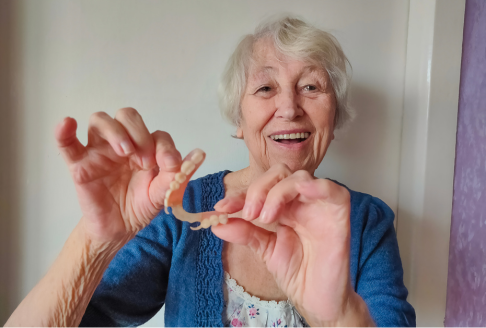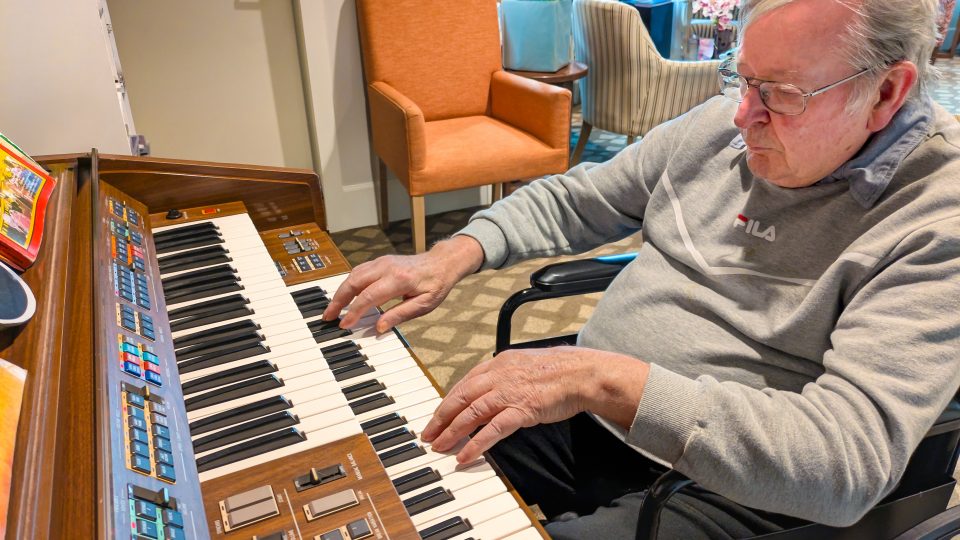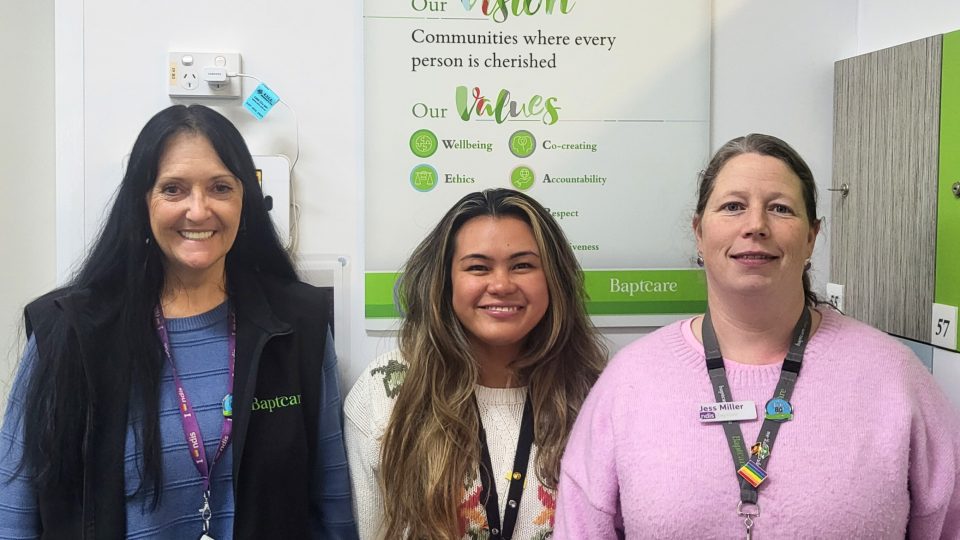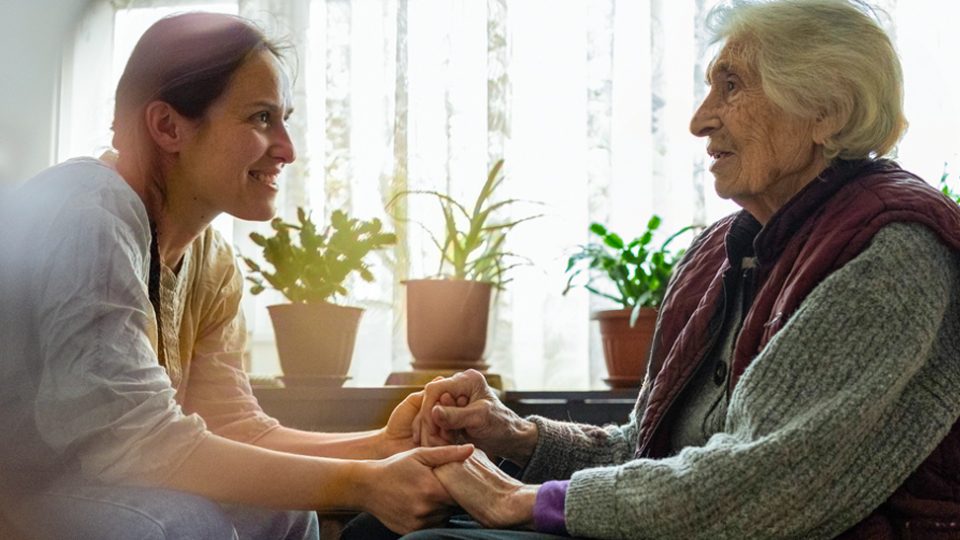Food tips for people with dentures
- 30 Apr 2024

If you have dentures, you may feel apprehensive about eating some of your favourite foods, especially if they are chewy or require you to bite into them.
Here’s some tips to help you make the transition to eating with dentures easier. From some ideas for softer options to how to manage a gradual re-introduction to solid foods – we’ve got you covered.
Ease into solid foods
Take some time to get used to your new dentures and avoid rushing back into eating solid food straightaway. Start with softer food options and build your confidence before trying your favourite solid foods.
Eat healthy, soft foods
While it’s easy to feel overwhelmed by the list of foods you can’t eat when wearing dentures, it’s important to remember there are a lot of healthy and soft options you can still enjoy. For example:
- Soft, ripe fruit (bananas, mangoes, oranges, etc.)
- Steamed, boiled or roasted vegetables (broccoli, carrots, zucchini, sweet potatoes, etc.)
- Slow cooked or mince meats (ground beef, chicken, turkey, etc.)
- Smooth spreads and dips (hummus, cream cheese, guacamole, etc.)
Other soft foods you might like to eat include scrambled eggs, soups, broths and smoothies.
Exercise caution with hot foods and drinks
Keep in mind that hot foods and drinks can burn your mouth more easily when you have dentures because dentures can hinder your ability to gauge temperature effectively. Try to test the food or drink against your lips first, before you take a bite or sip.
Cut up your food and take small bites
To avoid putting excessive pressure on your dentures, cut up your food into smaller pieces. Taking small bites also helps distribute the force evenly and prevents discomfort. Chew slowly and deliberately across both sides of your mouth.
Some things to avoid …
Sticky hard foods like toffees, caramels, marshmallows, peanut butter and raisins can adhere to your dentures and dislodge them. Be careful with nuts and ice cubes which can put stress on your dentures and potentially cause damage to them.
Some last quick tips
Avoid using your front teeth to bite into food. Instead, focus on cutting up food into smaller pieces which you can put directly into your mouth, using your back teeth to chew.
Remember, proper care and maintenance of your dentures is essential to their longevity. Regularly clean them, remove them at night and visit your dental professional for adjustments and further advice as needed.
Community news
-

Wyndham Lodge Choir
Every Tuesday afternoon, residents gather in the sunny music room at Baptcare’s Wyndham Lodge Residential Aged Care community to sing together.
- 25 Jun 2025
-

The Green Team at Moonah Hub
The Sustainability Team, known as ‘The Green Team’, are based at Baptcare Moonah Hub in Hobart and are all about promoting environmentally friendly and sustainable practices in their office, the wider organisation and the local community. We asked Jess Miller, their enthusiastic and determined leader, all about the team and what they do. Read more below!
- 11 Jun 2025
-

Tips for addressing depression in older adults
Our post-retirement ‘golden years’ are often portrayed as a time of relaxation and enjoyment with plenty of time on our hands to enjoy the things we love. However, for many older adults this period can be overshadowed by struggles with depression.
- 05 Jun 2025
